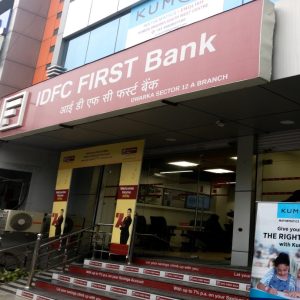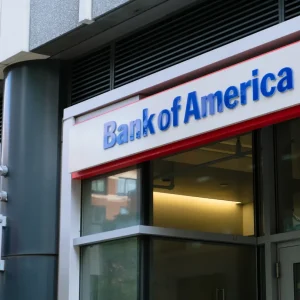
The FCA is part of the Treasury-led Cryptoasset Taskforce.
The Taskforce Report has examined the policy and regulatory implications of distributed ledger technology (DLT) and cryptoassets, and set out some of the opportunities and risks they present.
Previously, the FCA published an exhaustive Discussion Paper and Feedback Statement on DLT. The FCA said that in its view cryptoassets have no intrinsic value and investors should be prepared to lose all the value they have put in.
While admitting that cryptoassets have the potential to bring benefits to markets, firms and consumers, the Taskforce said that there are considerable risks that the Treasury, the Bank of England and the FCA will take action to mitigate.
According to the Taskforce, major risks include harm to consumers and market integrity; use of cryptoassets for illicit activities; and potential future threats to financial stability.
To mitigate these risks, the Taskforce will consult on perimeter guidance by the end of 2018 to clarify which cryptoassets fall within and outside the existing regulatory perimeter; and whether the regulatory perimeter requires extension to include cryptoassets that have comparable features to specified investments, but currently fall outside the perimeter.
The Taskforce will also launch a separate consultation by the first quarter of 2019 on a potential prohibition of the sale to retail consumers of derivatives referencing certain types of cryptoassets.
The report said that the government will launch a consultation in early 2019 to explore whether and how exchange tokens such as Bitcoin, and related firms such as exchanges and wallet providers, could be regulated effectively.
A consultation will also be launched on implementation of a comprehensive response to the use of cryptoassets for illicit activities by applying and going further than the fifth EU Anti-Money Laundering Directive.
The report said that the authorities will monitor market developments and work with international counterparts to consider appropriate domestic and international responses.






